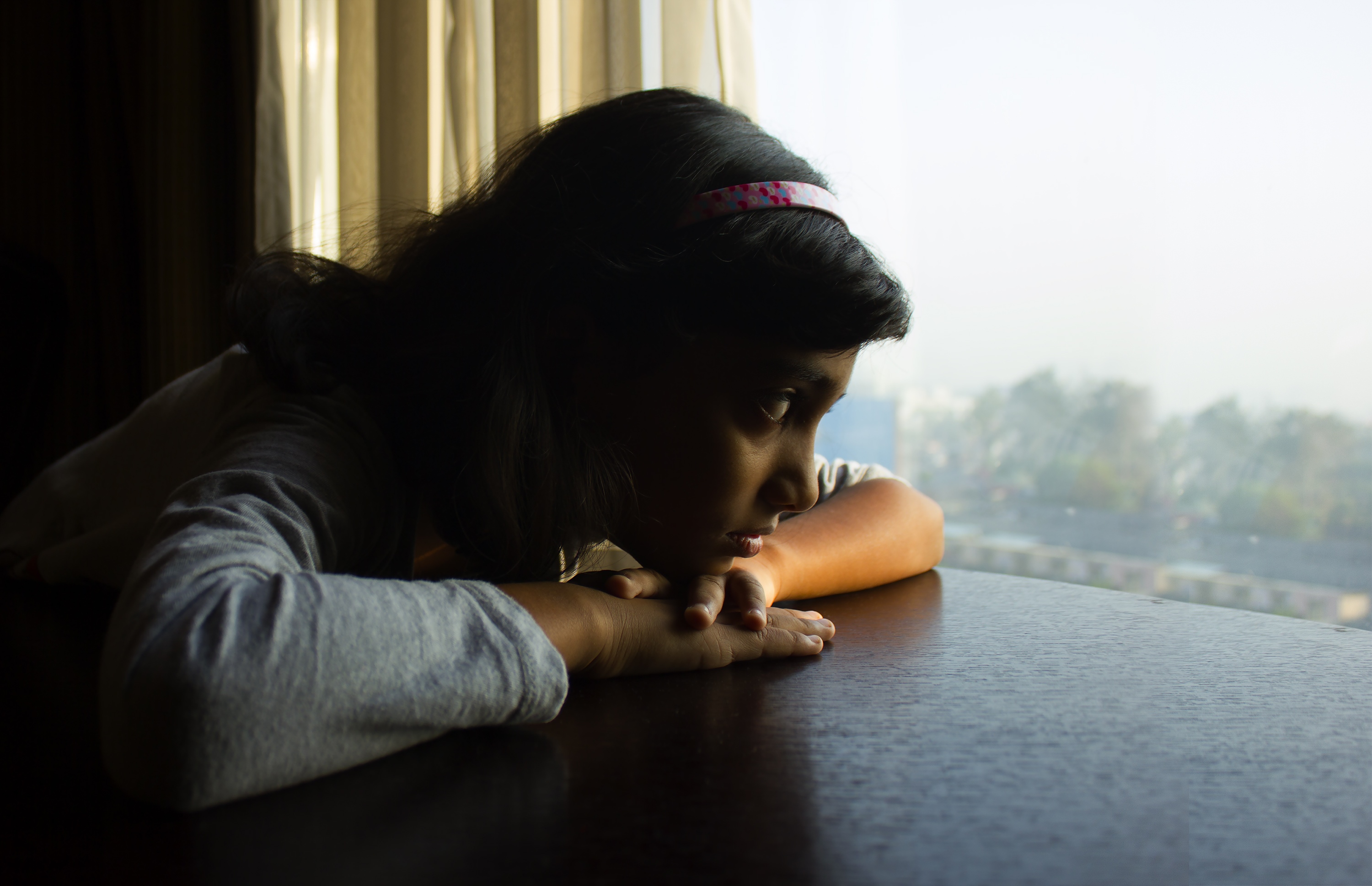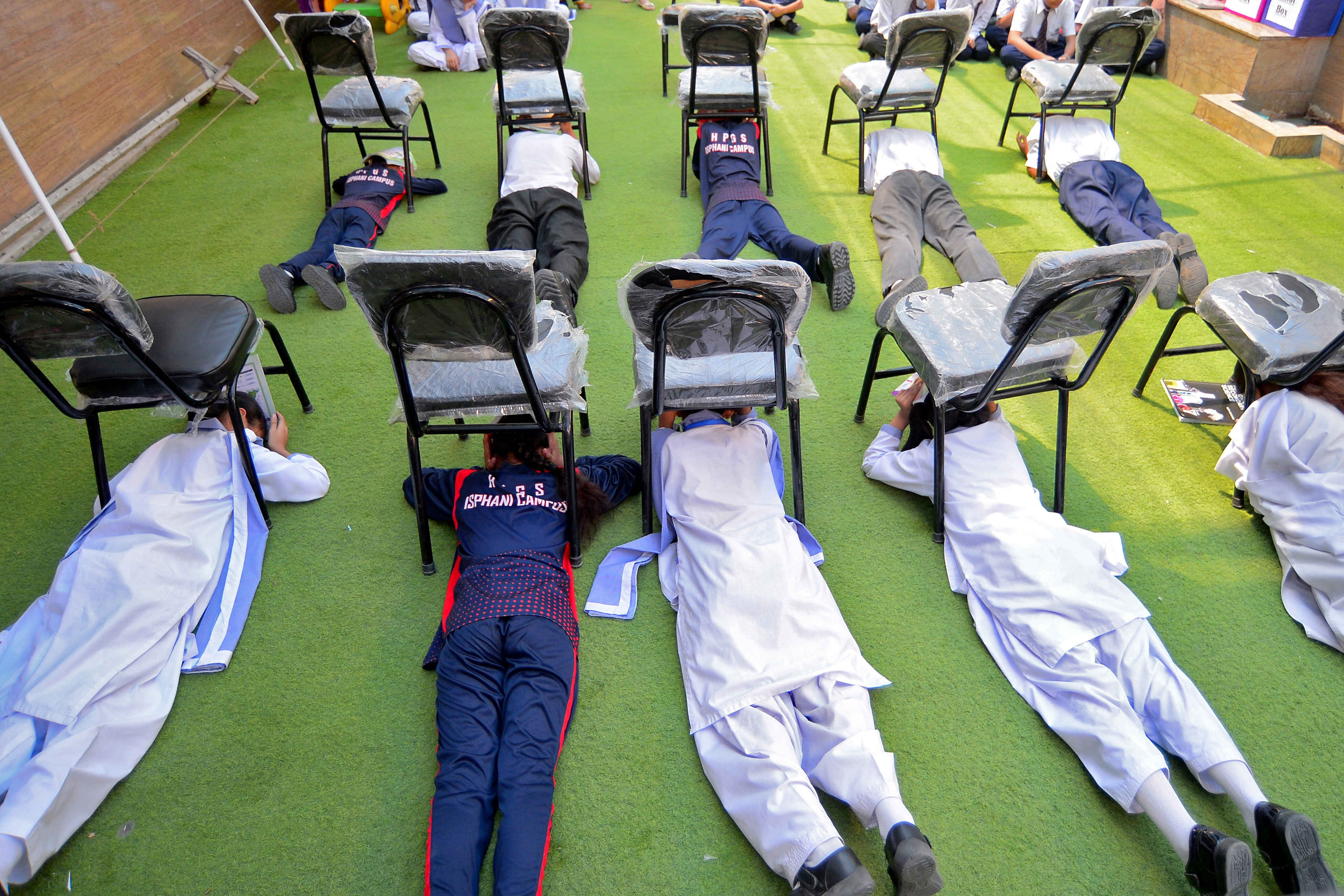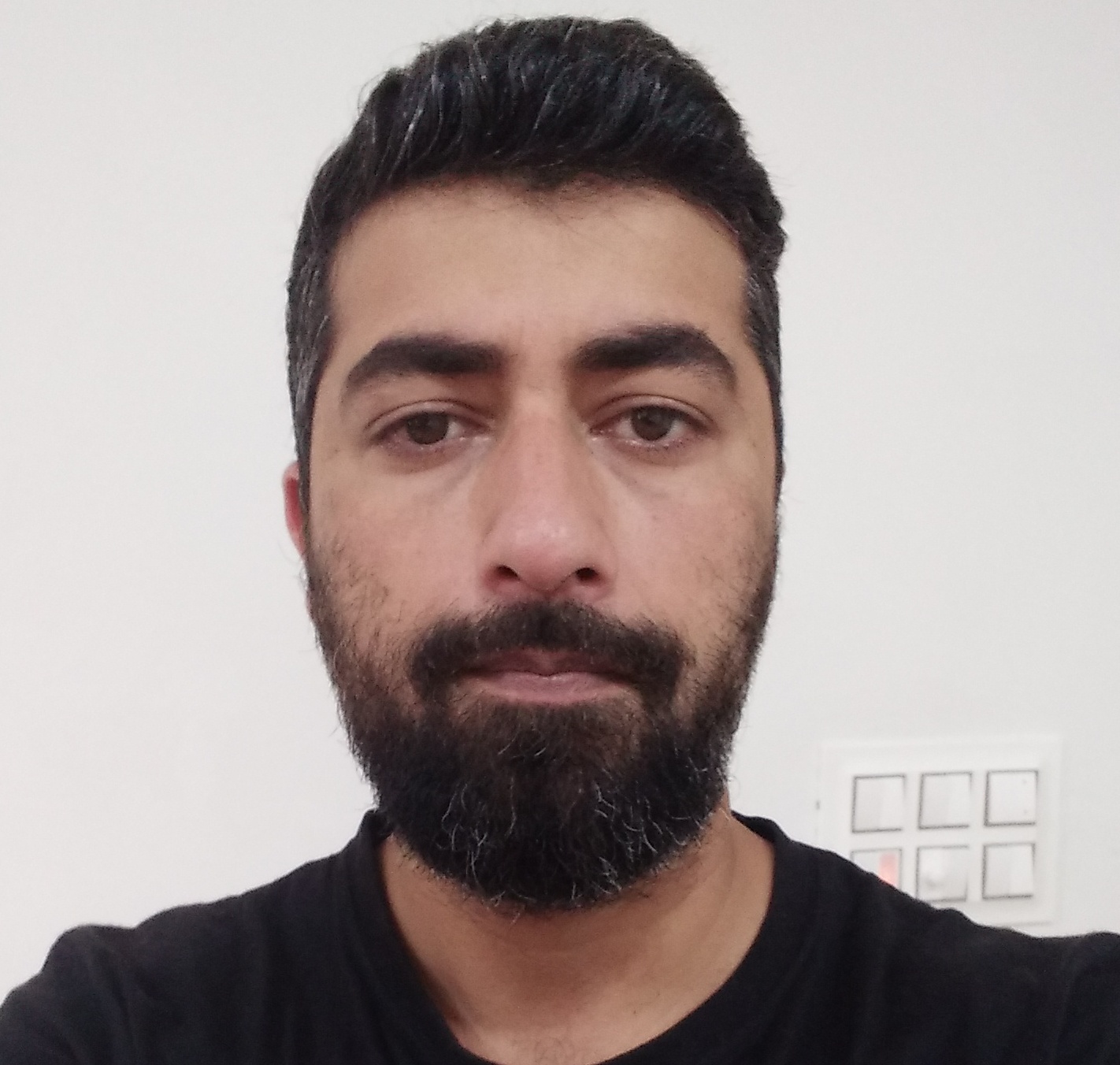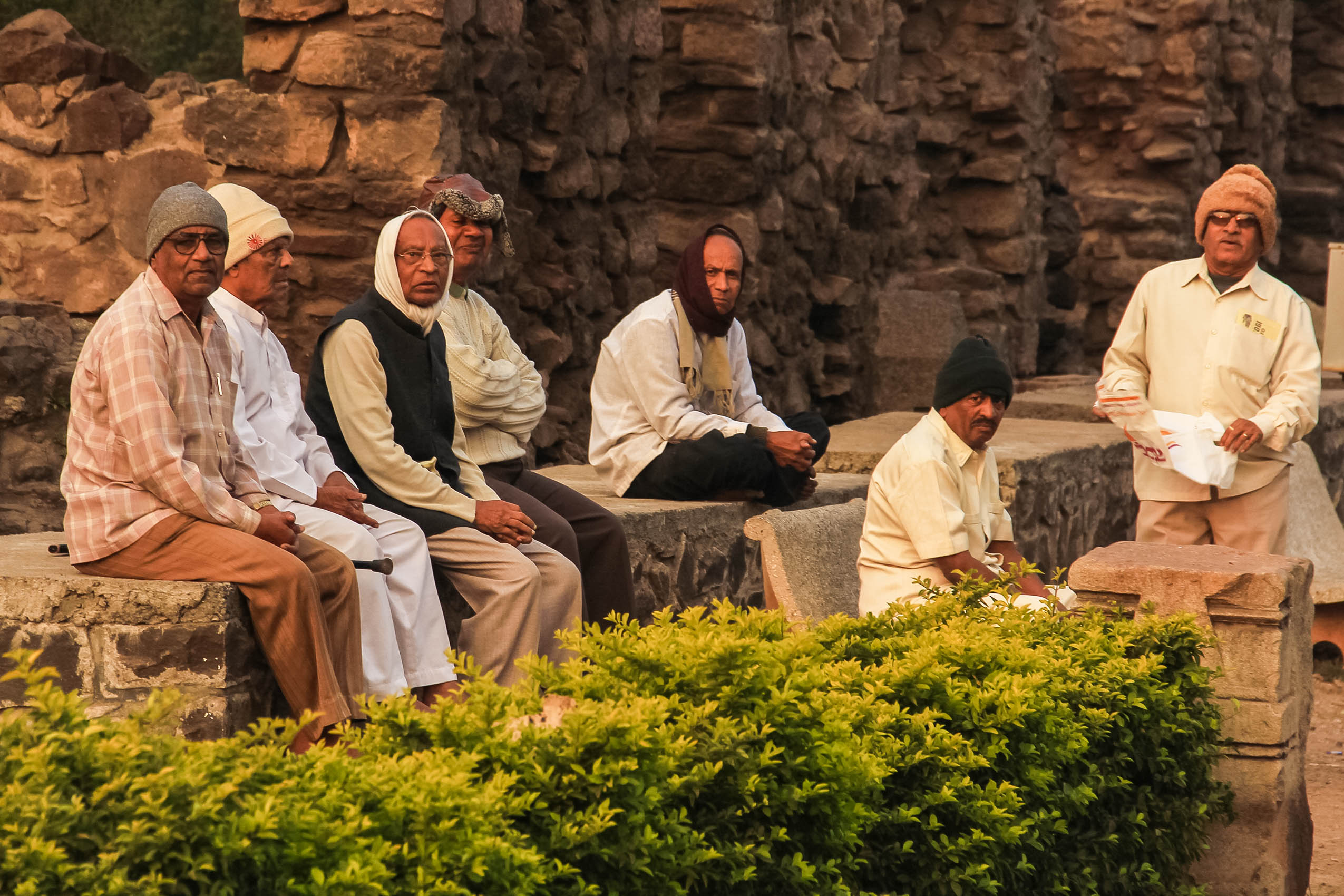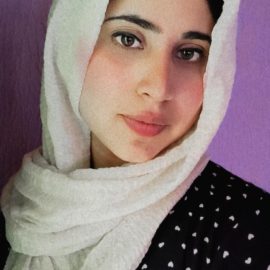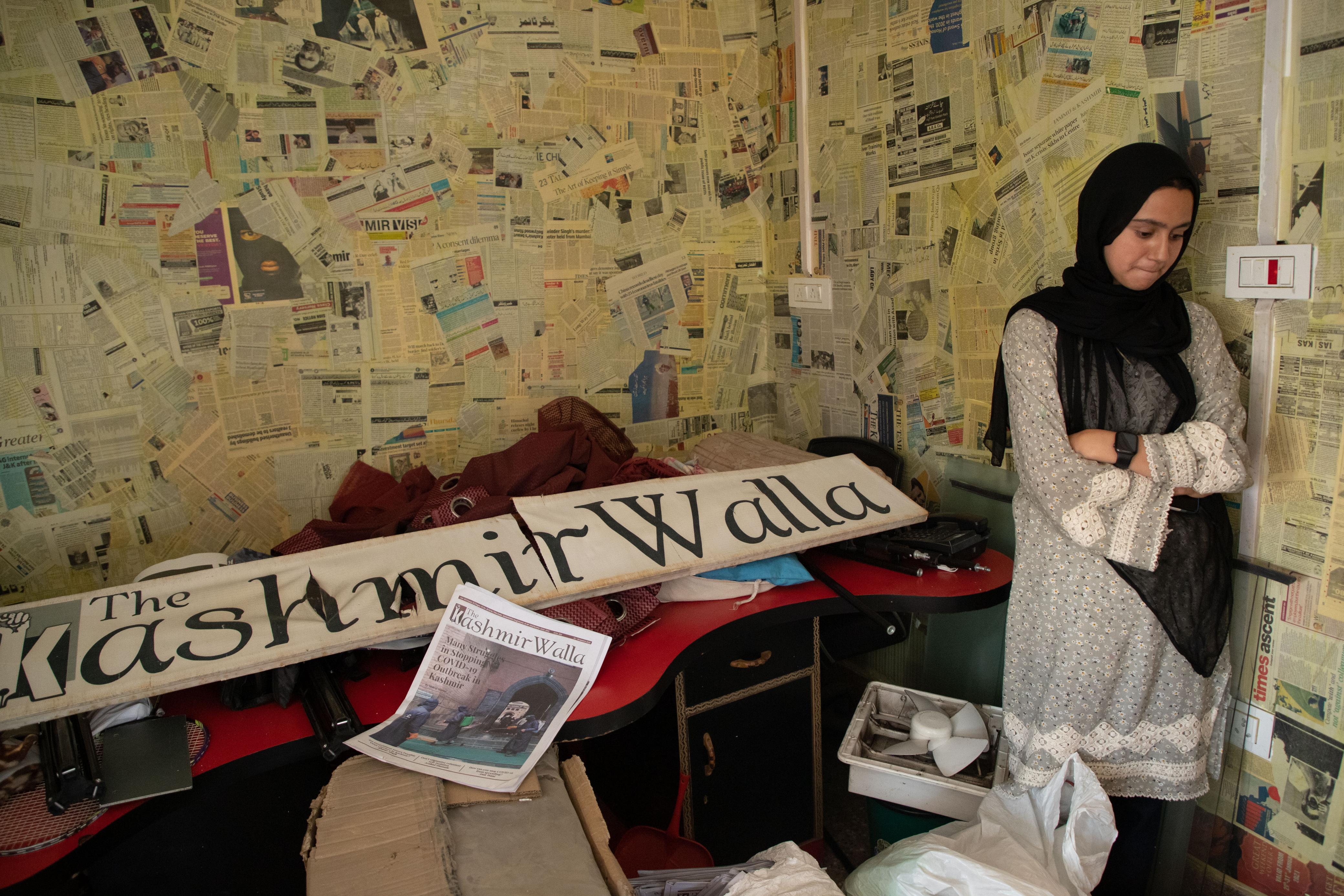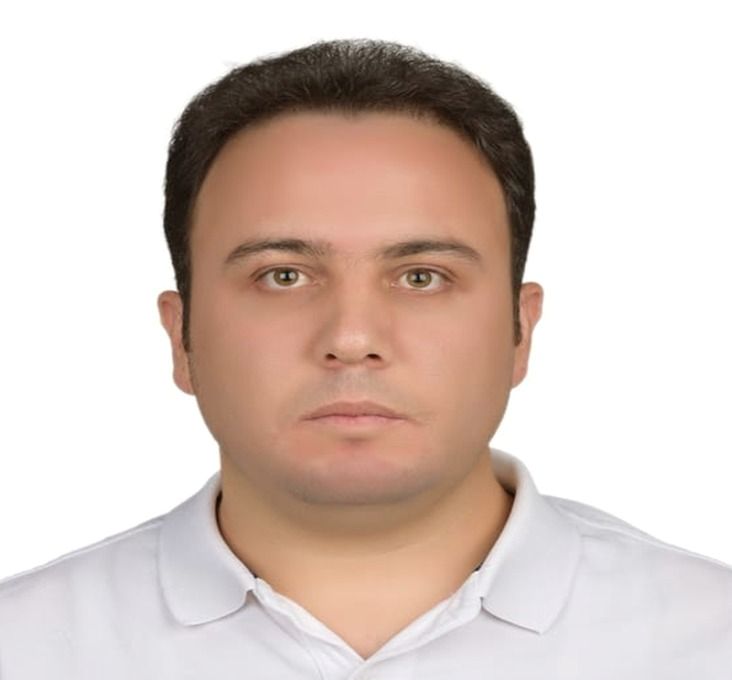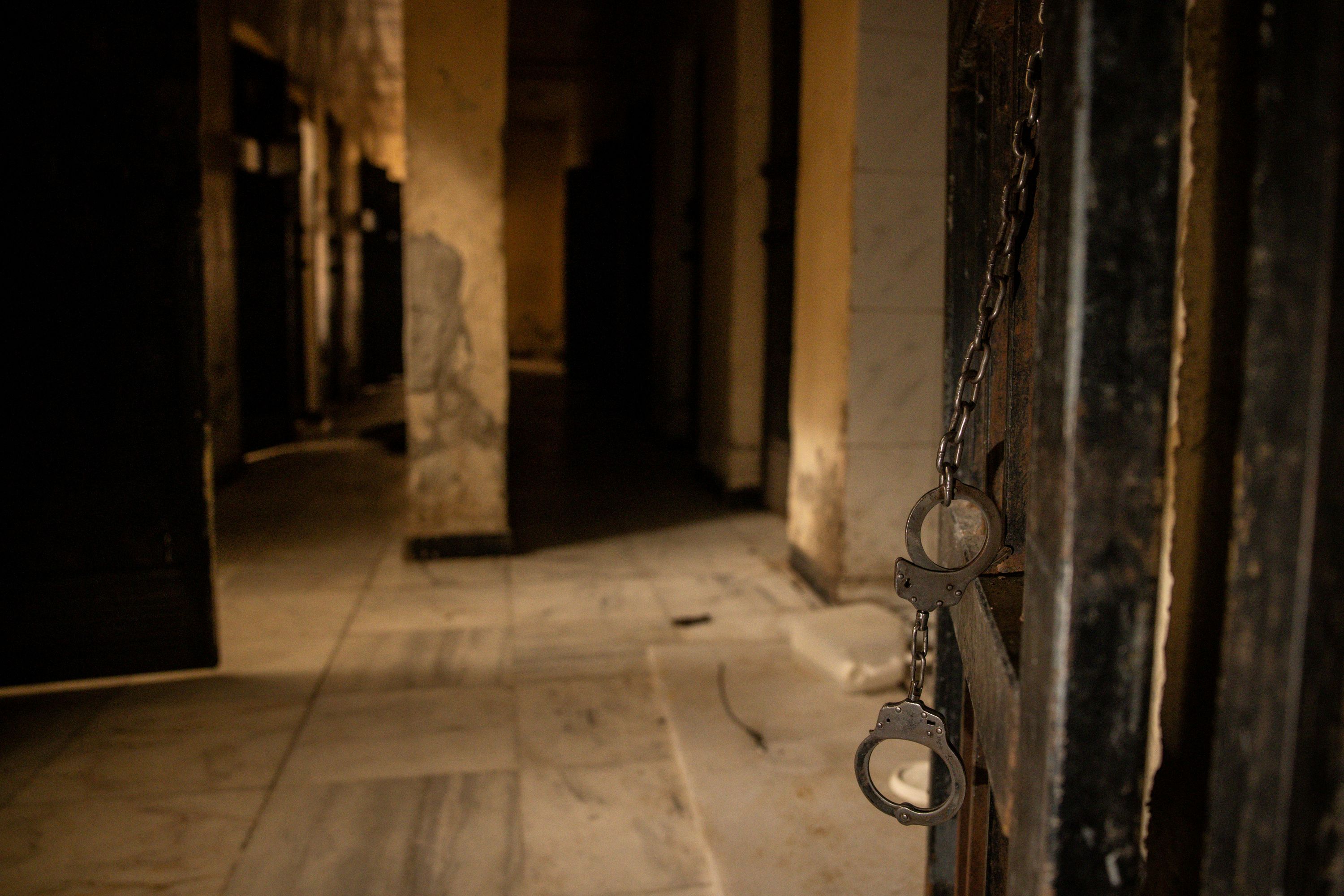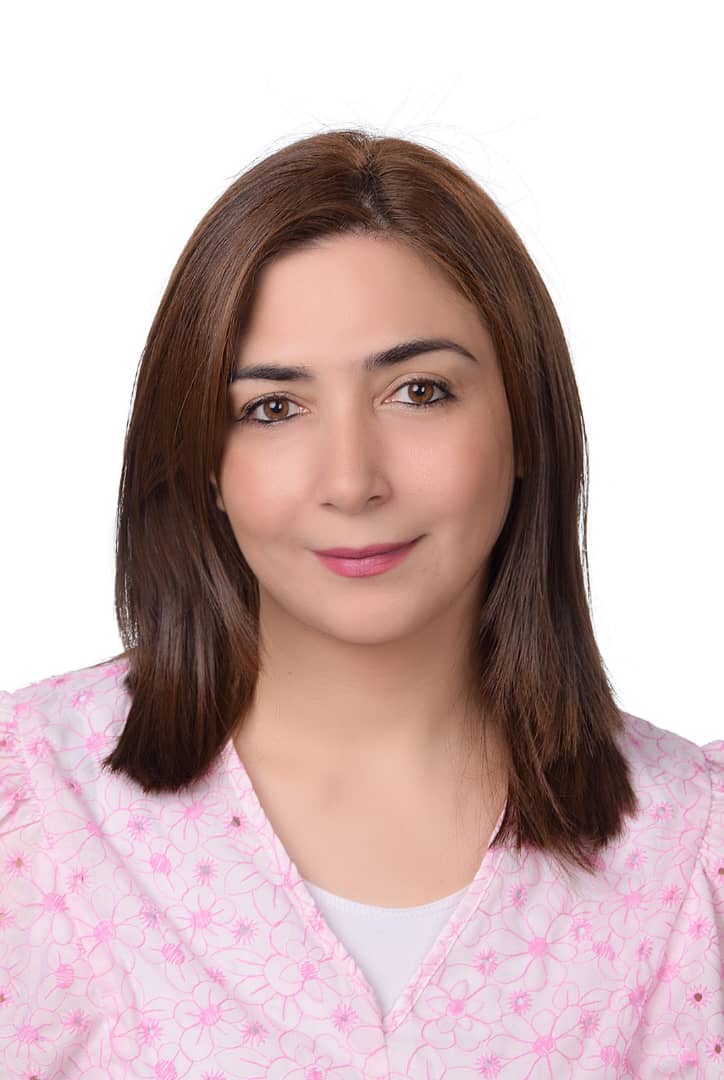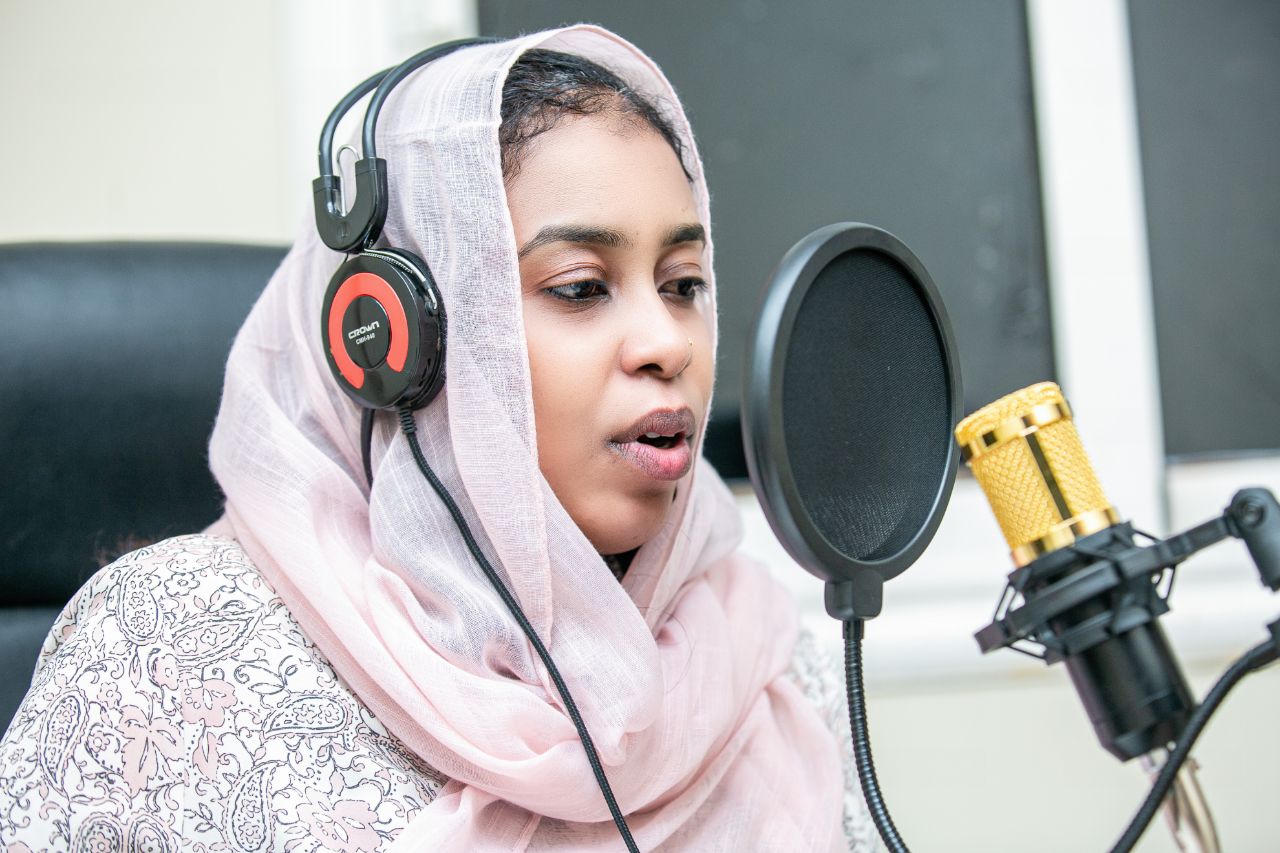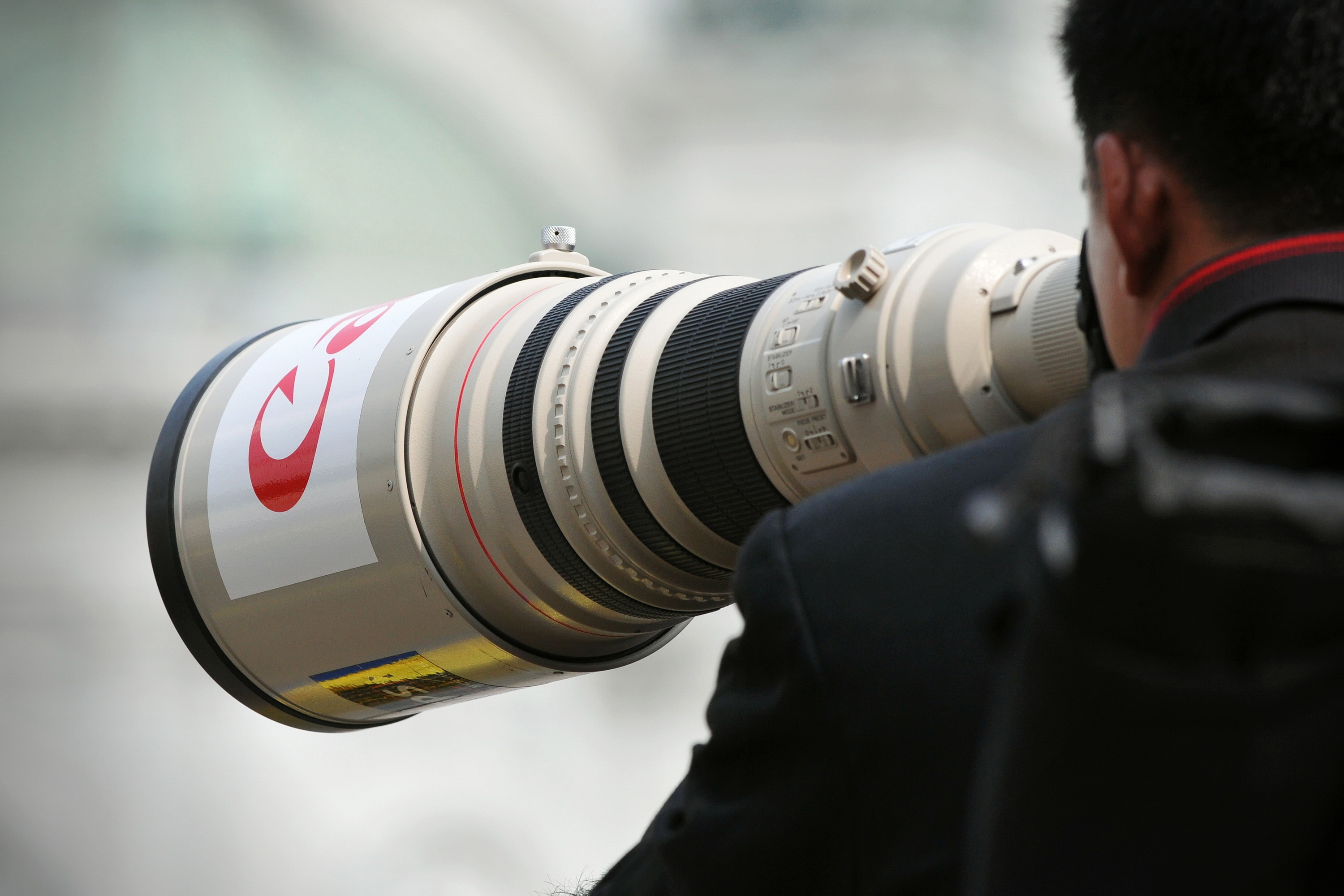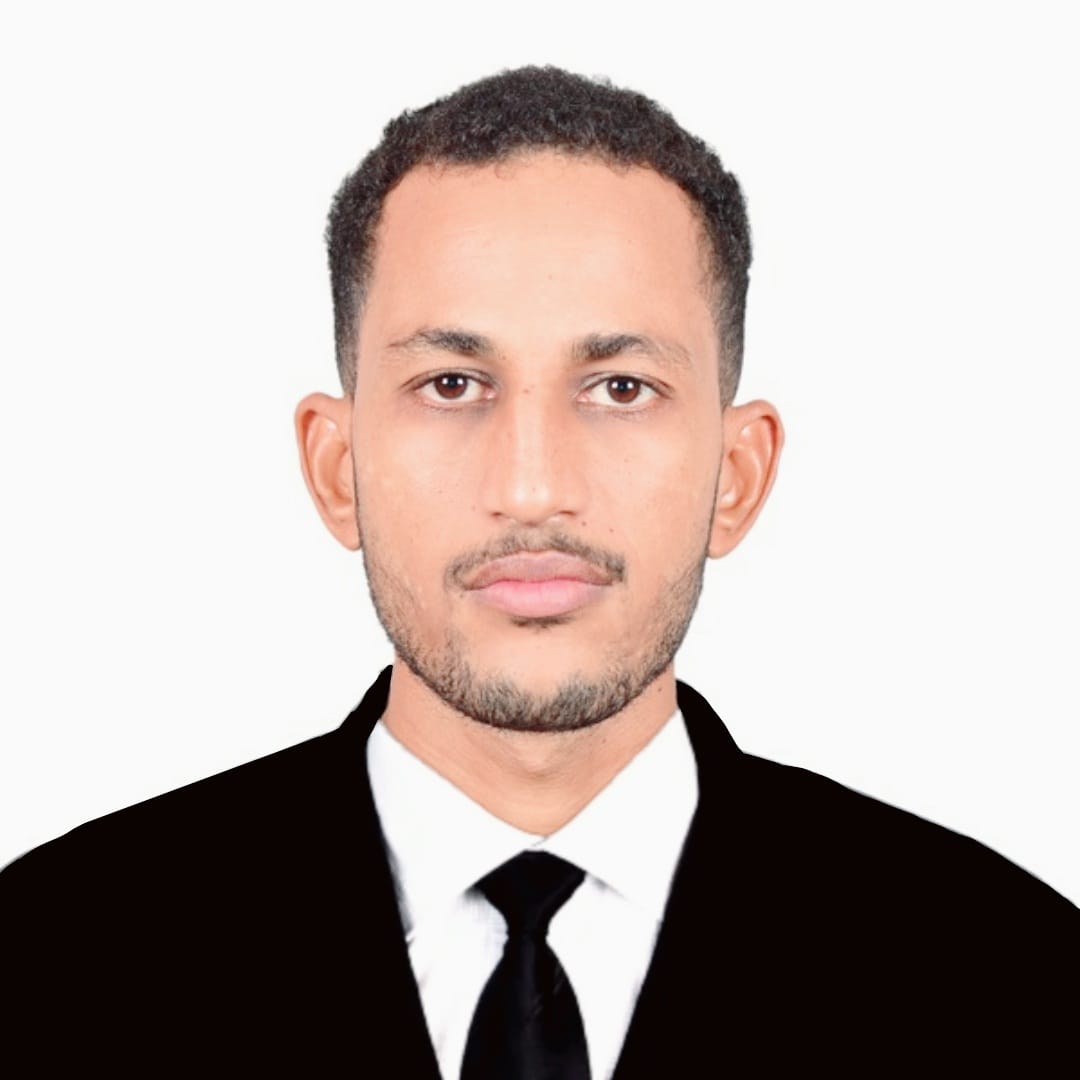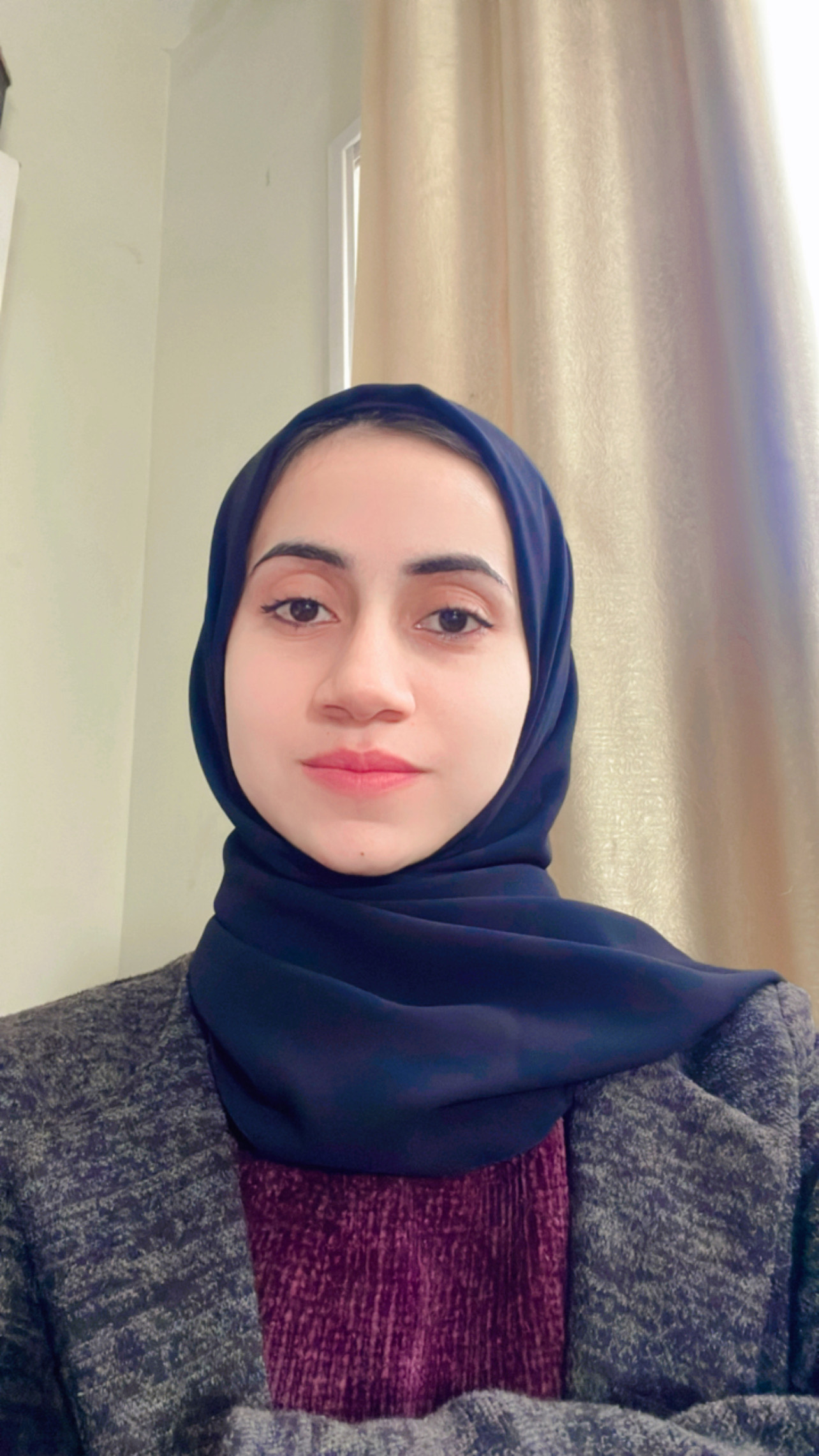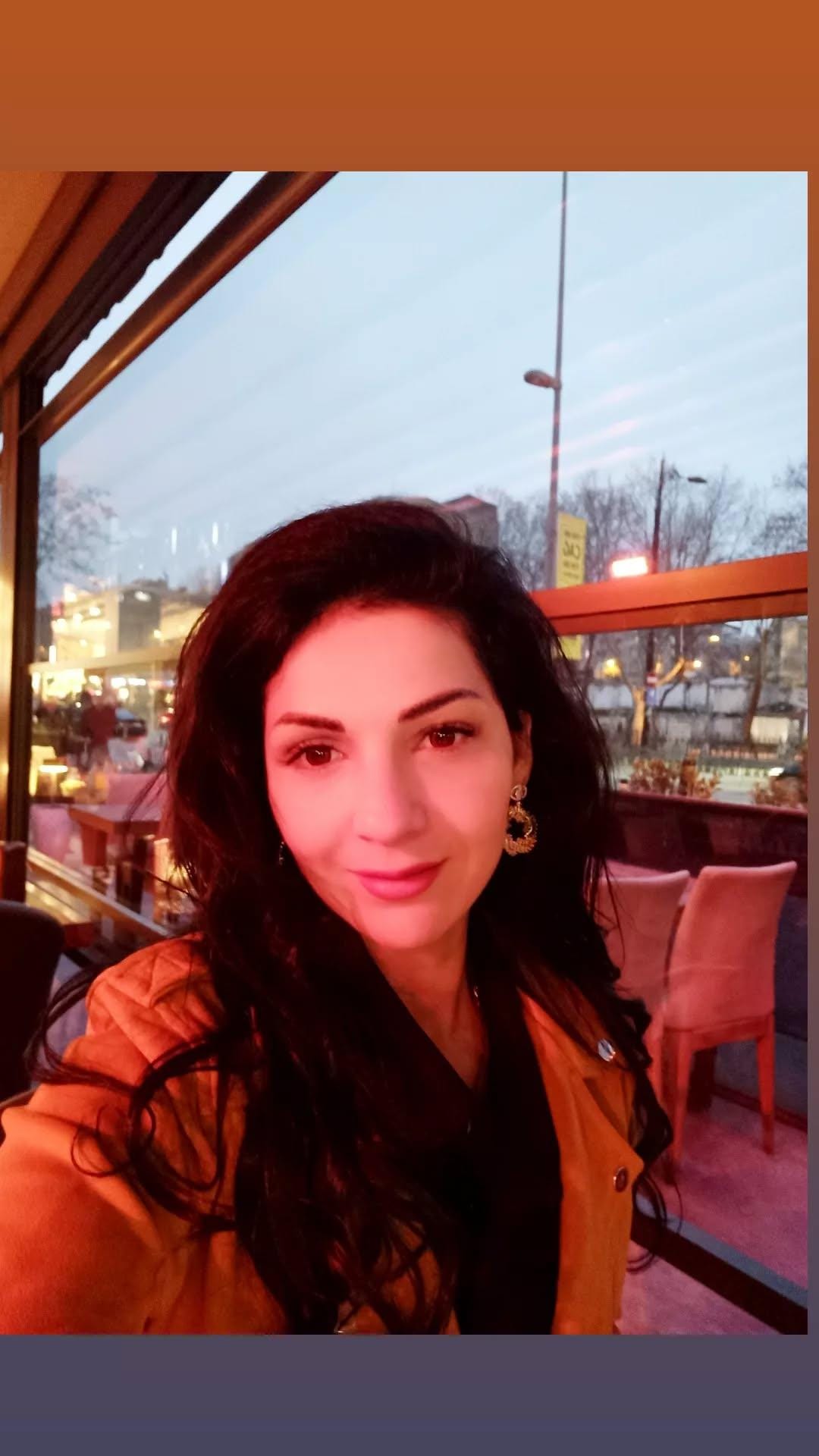لم تعد الكاميرا في غزة مجرد أداة توثيق، بل غدت عبئًا ثقيلا على كتفٍ نحيل يقاوم الانهيار تحت وطأة التجويع الذي بات أحد أبرز وجوه حرب الإبادة الشاملة التي تشنها إسرائيل على قطاع غزة منذ 7 أكتوبر/ تشرين الأول 2023. ووسط كل هذه التحديات تغطي الصحفيات الفلسطينيات المجازر وعيونهنّ ترنو إلى كسرة خبز، بينما يحمل الصحفيون الكاميرا بيدٍ، ويشدون الحزام على البطون الخاوية باليد الأخرى. هنا، لا يُحارب الصحفي من أجل الوصول إلى المعلومة، بل من أجل البقاء حيًا حتى نهاية اليوم.
وفي الوقت الذي يُطلب فيه من الصحفي أن يبقى حاضرًا في المشهد ويغطي جرائم الاحتلال، ينهار الواقع الإنساني في غزة بوتيرة متسارعة، فوفق تقارير منظمة الصحة العالمية، فإن نحو 95% من سكان غزة يعانون من انعدام الأمن الغذائي، وأكثر من 50% من الأطفال يعانون من سوء تغذية بدرجات متفاوتة: مراكز التغذية شبه منهارة، والمستشفيات عاجزة عن توفير الطعام، في حين أضحى المحلول الملحي بديلًا غذائيًا شائعًا لمعظمهم، رغم أنه لا يسد الجوع، وأقصى ما يساعد به هو إبقاؤهم أحياء.
قبل يومين، انفجرت الصحفية بيداء معمر باكيةً أمام الكاميرا أثناء التغطية. لم يكن السبب خوفًا من قصفٍ جديد، بل شعورٌ بالعجز والجوع والإرهاق والخذلان. كانت تغطي المجازر بينما تفكر كيف تعود إلى أطفالها بلا عشاء! ذرفت دموعها أمام جمهورٍ عريض، وقالت بصوت عالٍ بلا خجل: "نعم.. أحدّثكم الآن وأنا جائعة".
قبل يومين، انفجرت الصحفية بيداء معمر باكيةً أمام الكاميرا أثناء التغطية. لم يكن السبب خوفًا من قصفٍ جديد، بل شعورٌ بالعجز، والجوع، والإرهاق والخذلان. كانت تغطي المجازر بينما تفكر كيف تعود إلى أطفالها بلا عشاء! ذرفت دموعها أمام جمهورٍ عريض، وقالت بصوت عالٍ بلا خجل: "نعم.. أحدّثكم الآن وأنا جائعة".
في الحروب، يقف الصحفي في الواجهة جريئًا ثابتًا جاهزًا لنقل الصورة. لكن ماذا عن الكواليس اليوم في غزة؟ ماذا عن الذين يغلقون الميكروفون ثم ينهارون باكين من شدة الجوع؟ ماذا عن الذين يشربون - بأجسادٍ خائرة - ماءً وملحًا كي يصمدوا للنشرة التالية؟ هذه المرة، المجاعة لم تدخل بيوت الفقراء فقط، بل سكنت خيمة البث المباشر أيضا، إنها تشدّ الخناق على المراسل الذي يتحدث عن الحصار، بينما هو ذاته ضحية له.
يكتب المصور عمر الطبش بمرارة في حسابه على فيسبوك: "كنتُ أُصاب بدوخة مفاجئة خلال التصوير، ينهار جسدي، فأجلس قليلًا قبل أن أُكمل عملي. كنتُ أتهرب من مواجهة الحقيقة، أُخفي وجعي وراء أعذار ضغط العمل، بينما الحقيقة أنني كنتُ أصارع الجوع"، قائلًا بوضوحٍ مؤلم: "اليوم.. نحن لا نغطي المجاعة، نحن نعيشها".
الصحفية سالي ثابت انهارت هي الأخرى أثناء التغطية، في خيمة الإعلاميين وسط مدينة غزة. نُقلت إلى المستشفى، وكان التشخيص قاسيًا: جفاف، وسوء تغذية، وإجهاد. أزالت إبرة المحلول (الكانيولا)، وعادت لتكمل التغطية بوجه شاحب، وفي قلبها خيبة أمل لا توصف.
"حتى عندما نحاول سحب رواتبنا تُخصم عمولات تصل إلى 45%"، قالت بحرقة في مقطع فيديو. تحاول سالي أن تطبخ لبناتها "شوربة كذّابة" مع القليل من مسحوق الماجي، مع رشّة ملح، وبودرة ثوم. الكيلو من الدقيق وصل سعره إلى 100 شيكل (30 دولارا تقريبا)، ولا يكفي لعجن أكثر من عشرة أرغفة.
في غزة، يمارس الصحفيّون/ات أيضًا طقوس البقاء البدائية. لقد صنعوا محلولًا ملحيًا؛ ليمنع تعفن أمعائهم، في نقاط تغطية داخل مستشفيات الشفاء والمعمداني وشهداء الأقصى، ووثقوا ذلك في مقاطع فيديو نشروها بأنفسهم، لا لإثارة الشفقة، بل لإرسال نداء استغاثة.
وتستمر معاناة الصحفيين الذين يكابدون للبقاء في الميدان رغم سياسة التجويع الإسرائيلية التي أنهكتهم، وأصبح الكثير منهم يعبّرون عن هذا القهر علنا، عبر حساباتهم الشخصية في وسائل التواصل الاجتماعي كما كتبت الصحفية شروق شاهين التي خسرت أكثر من 10 كيلوغرامات من وزنها. تقول شروق: "تتلاشى قواي، وكأن جسدي يذوب من شدة الإنهاك. لم يتبقَ لدي طاقة، لقد استُنزفت منذ زمن: لا طعام يسدّ الجوع، ولا شراب يبلّ الريق، ولا ما يعين على الاستمرار".
في غزة، يمارس الصحفيّون/ات أيضًا طقوس البقاء البدائية. لقد صنعوا محلولًا ملحيًا؛ ليمنع تعفن أمعائهم، في نقاط تغطية داخل مستشفيات الشفاء والمعمداني وشهداء الأقصى، ووثقوا ذلك في مقاطع فيديو نشروها بأنفسهم، لا لإثارة الشفقة، بل لإرسال نداء استغاثة.
وبكلمات أمضى مرارة، تضيف شروق ""كنت أقطع نصف الطريق إلى عملي سيرًا على قدمَيّ رغم التعب والجوع، أما الآن، فلم أعد أقوى حتى على الخطوة الأولى. أجد نفسي مضطرة للجلوس مرارًا في الطريق. أحاول التقاط أنفاسي لكن التعب أقوى منّي. إنني في حالة انهيار".
كما تؤكد شروق أن هذا ليس حالها وحدها؛ فكثير من الناس ومن زملائها الصحفيين والصحفيات ينهارون بصمت، يسيرون في الطرقات بوجوه شاحبة وأجساد منهكة، وبعضهم يسقط مغشيا عليه في الميدان أو أثناء التغطية.
وفي صورةٍ أخرى من المشهد، نرى بشير أبو الشعر الصحفي الذي حمل كاميرته لعشرات السنين، وقد قرر أن يبيعها مقابل كيس طحين. هذا ليس مشهدًا مسرحيًا، بل قرارًا موجعًا اتخذه بقلبٍ محطّم. يتساءل الرجل بصوتٍ مختنق: "ما جدوى الكاميرا إن كانت عائلتي تموت جوعًا؟"
وقد نشر بشير منشوره على "فيسبوك" ينشد المساعدة في إيجاد مشتر؛ لتوفير الطعام من أجل أطفاله معقّبا على ذلك بقوله: " لقمة العيش أصبحت أولوية على الخبر".
فكرة بيع الكاميرا لم تكن مجرد تنازل عن أداة مهنية، بل عن جزءٍ من الذات -كما يصف- "شعرتُ أنني أدفن عينًا ثالثة عشت بها سنين طويلة، لكن وجودها لن يشبع أطفالي".
المأساة لم تعد خفية؛ فالصحفيون/ات ينهارون تباعًا: ينقلون الجوع ويعيشونه، ويغطون المجازر، ويكابدون مجاعة لا ترحم! يكتب الواحد منهم خبرًا عن نفاد الخبز، بينما هو لم يأكل منذ يومين! يغطي مجزرةً في أحد الأحياء، ثم يتوسل للحصول على كيس طحين عبر حسابه الشخصي.
وفي خضم هذه المعاناة، كتبت الصحفية دعاء روقه على منصة إكس: "بعد تغطية مستمرة منذ ٦٥٦ يومًا من الإبادة: أنا منهكة. وصلنا لمرحلة صعبة جدًا في الواقع المرير الذي نعيشه داخل قطاع غزة. اشتدت المجاعة بينما نحن نعمل في ظروف صعبة جدًا، ووسط تحديات كبيرة على حساب أجسادنا الهزيلة وصحتنا المنهكة".
المأساة لم تعد خفية؛ فالصحفيون/ات ينهارون تباعًا: ينقلون الجوع ويعيشونه، ويغطون المجازر، ويكابدون مجاعة لا ترحم! يكتب الواحد منهم خبرًا عن نفاد الخبز، بينما هو لم يأكل منذ يومين! يغطي مجزرةً في أحد الأحياء، ثم يتوسل للحصول على كيس طحين عبر حسابه الشخصي
الصحافة في غزة لم تعد مهنة، هذه حقيقة! لقد أصبحت عبورًا صعبًا بين الموت والبقاء. والكارثة أن العالم يرى ويستمر بصمته، ليس لأن الصوت غير واضح، بل لأن حياة الإنسان -الفلسطيني تحديدًا- حتى لو كان صحفيًا، في عرف بعض الدول، أقل أهميةً من رغيف خبز.
نقابة الصحافيين – بدورها - تتحدث عن تلقيها عشرات الشكاوى من الزملاء. نائب النقيب الدكتور تحسين الأسطل أشار إلى محاولة النقابة الضغط على العديد من الجهات الدولية، على رأسها الاتحاد الدولي للصحفيين، "لكن حجم المعاناة يفوق الإمكانيات، والإجراءات اللوجستية تعرقل كل شيء".
أن تحمل كاميرا في غزة، اليوم لا يعني أنك صحفي فقط، بل مقاتل من نوع آخر، وتقاتل على جبهتين: الصورة واللقمة، وداخل ميدانين: الحقيقة وواقع المجاعة، وبرغم أنّ نبض الصحافة لم يتوقف في غزة، إلا أن أجساد حراس الحقيقة وحارساتها، باتت هشةً تنهار شيئًا فشيئًا تحت وطأة الجوع والحرمان.
نحن أمام لحظة تاريخية لم يعد فيها من يروي الحكاية قادرًا على الصمود. وبات الصحفي في غزة مثل الضحية التي يصورها؛ ينتظر الخبز وينادي عالَمًا أصمَّ ببطنٍ خاوٍ وصوت أنهكه الجوع، فمن يسمع؟














